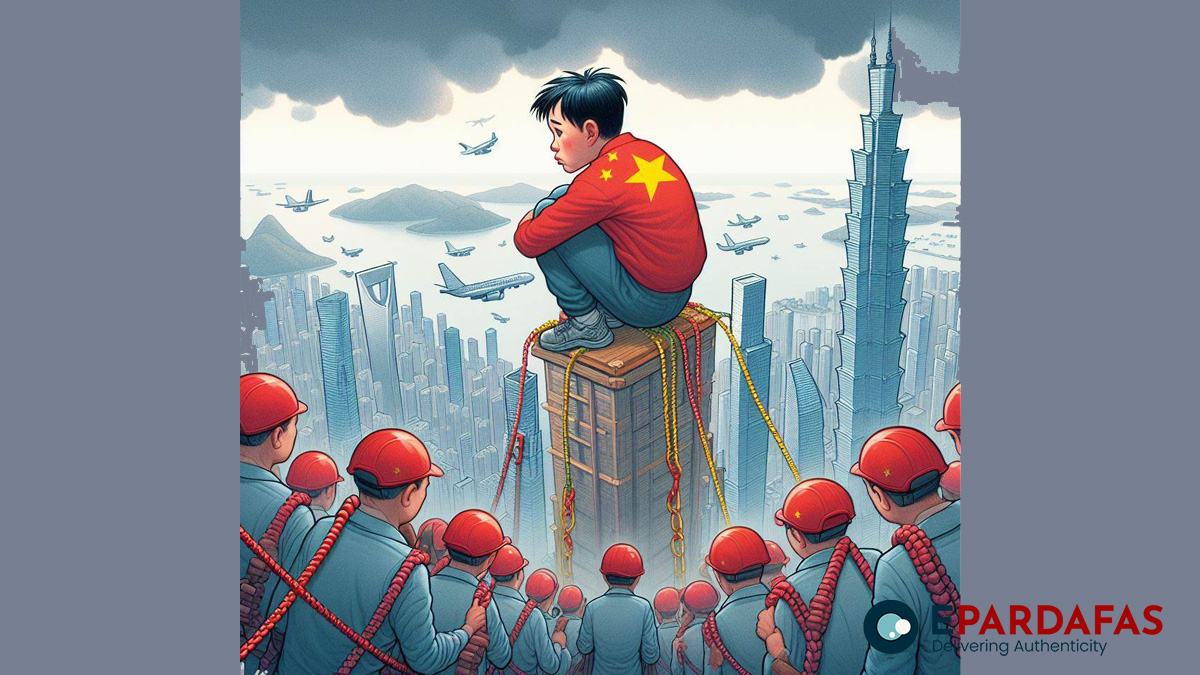
Rising “Bride Prices” in China Contribute to Decline in Marriages Among Young People
Traditional payments by Chinese men to their bride’s family, known as “bride prices,” have surged dramatically, often exceeding 140,000 yuan ($19,500). This trend is believed to be a significant factor in the declining marriage rates among young people in China, who are increasingly anxious about their future.
According to the Ministry of Civil Affairs, marriage registrations in China dropped by 18% year-on-year in the second quarter of 2024, with only 1.46 million marriages recorded. This marks the second-lowest figure on record, surpassed only by the 1.39 million marriages registered during the COVID-19 pandemic in the last quarter of 2022.
The rising costs associated with marriage, particularly the bride price, are contributing to this reluctance to marry. A study by Wuhan University professor Gong Weigang revealed that the average bride price has soared to around 140,000 yuan, a sharp increase from the 10,000 to 20,000 yuan range seen until 2007. The surge began in 2008 and has been exacerbated by factors such as the rising cost of living in rural areas and the gender imbalance caused by a long-standing cultural preference for male children.
The bride price varies by region, with higher amounts seen in eastern China, particularly in areas with high living costs like Shanghai, Fujian, and Jiangxi provinces. These regions have also been affected by gender imbalances, further driving up the costs.
In Guangzhou, a recent marriage market event saw parents displaying information about their children, including their expectations for a potential partner. One mother of a 40-year-old man expressed willingness to pay an expensive dowry if her son truly loved his partner. Meanwhile, a 30-year-old man attending the event voiced concerns about the pressure to buy a house for a future partner, stating that an overly expensive dowry might deter him from marriage altogether.
Efforts are being made to curb the practice of expensive dowries. In Luoyang, Henan province, volunteers visited the homes of single men and women in late June, urging them to abandon costly dowries and adopt “modern” marriage customs. Additionally, China’s Supreme People’s Court has issued guidelines on dowry disputes, including conditions under which excessively high payments may be returned if a marriage ends quickly.
The court also clarified what constitutes a dowry, excluding birthday presents and daily expenses from the calculation. Furthermore, it stated that parents, who often play a significant role in arranging marriages, can be joint plaintiffs or defendants in dowry-related cases.
As bride prices continue to rise, the financial burden on young Chinese men may further contribute to the ongoing decline in marriage rates, prompting concerns about the long-term social and economic impacts of this trend.













Comments